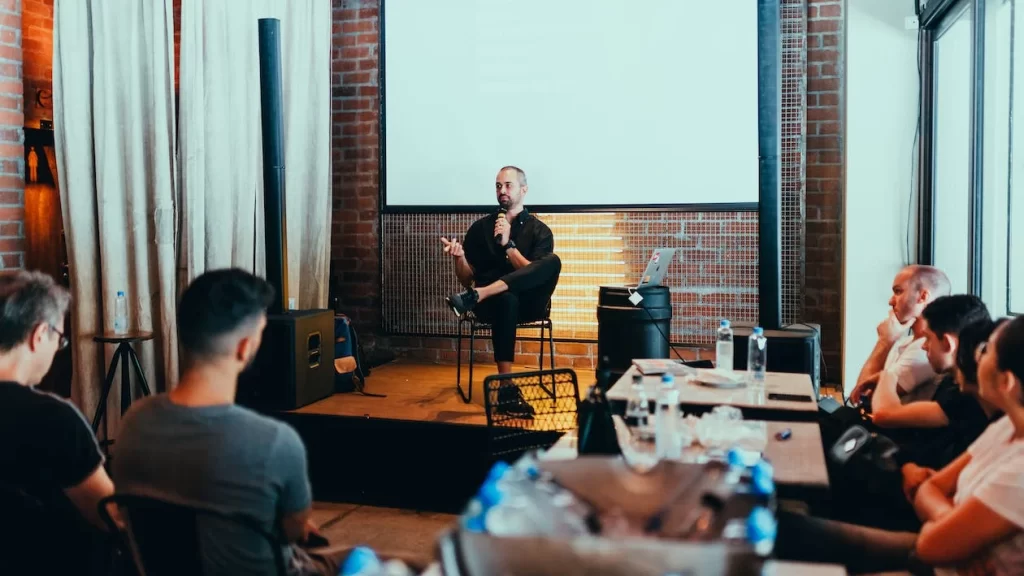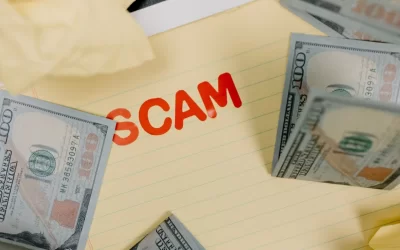After your book is written, your hope as an author is for your work to reach interested readers and grow a fan base. But how do you establish connections and locate those readers? One effective approach is to arrange events such as live readings and panel discussions. This allows you to introduce your book and yourself to new audiences, interact with people who have read your writing, and celebrate the finalization of your work. Author events can be fun, but they demand a lot of work to be successful in the long term.

How do you fill the room for an author event?
First, start early. Give yourself a few months to plan and book your event. Then start promoting it! Early promotion is highly recommended because it allows people to plan ahead and schedule the event on their calendars. Authors will need to work hard to gain audience participation. This includes sending invitations and reminders to your mailing lists, posting on social media, and getting the word out to your author and writer groups as well. Don’t be shy! Consider reaching out to your friends, family, colleagues, and connections directly instead of solely relying on automatic invitations. This personal touch is likely to result in more positive responses.
Have a broad reach for author event promotion
Using multiple channels for promoting your event is beneficial because everyone finds information differently and from different sources. This is your chance to use your newsletter and the local newspaper, as well as the traditional social media channels like Facebook, Twitter, and Instagram. You should also send promotions frequently—posting about the event only once basically guarantees it will be lost to the internet.
On your event page, provide as much information as possible
Be sure to include an event page on your website that lists the essential details: the speaker, the book title and a short description, if you’re speaking with someone else, the date/time, and how to attend (whether in person or virtually or both). Add information about ticket or registration, if required for attendance. Use a third-party event page such as Facebook or Eventbrite, or provide these details on an event page on your website.
Make author events consistent
Your event page should also include a calendar of your upcoming appearances. Follow the same template for each event—for example, will you always start with the book title or your name? Making the announcements consistent will help draw potential audience members.
Keep it visually interesting and consider marketing materials
Providing more than just text on your event pages and posts is essential. This includes your book cover and photo and any eye-catching graphics. Additional visuals can include marketing pieces such as a brief Q&A video or a blog interview with plenty of pictures. Your goal is to get eyes on your posts!
Consider collaborating with other authors
Having more than one author at an event may increase the likelihood of drawing a wider audience. You can choose a theme, like books in the same genre, or a group of readings on a similar topic. This also allows promotion to more potential readers, and can grow your network .
Think outside the book pages for author events
Linking your event to a larger conference or gathering is also beneficial. For instance, a new local restaurant or bar may allow you to host an author reading before their opening—this draws in the crowd who wants to be among the first to check out the new spot.
Book clubs are also a good source for potential fans. Consider offering a little freebie beyond your signature in the book, such as bonus downloadable/digital written content or an e-book, bookmarks or stickers; or maybe just some old-fashioned snacks and wine (depending on venue policies, of course). Raffle prizes like gift baskets may be another way to boost interest in your author event.
Final thoughts
Author events are a great way to promote your work, but they do require a good amount of effort, time, and often money, so it’s important to maximize the benefits. Try to create an impression about your book, so that even people who can’t attend the event will want to order their copy and learn more about your work. During the event, perhaps collect emails from audience members for your newsletter, and encourage them to follow your social media pages.
Though much up-front thinking is required, author events are a wonderful way to promote yourself and your book. Good luck planning!
By: Claire Lee
Claire is a Managing Editor at Technica Editorial
Sources




